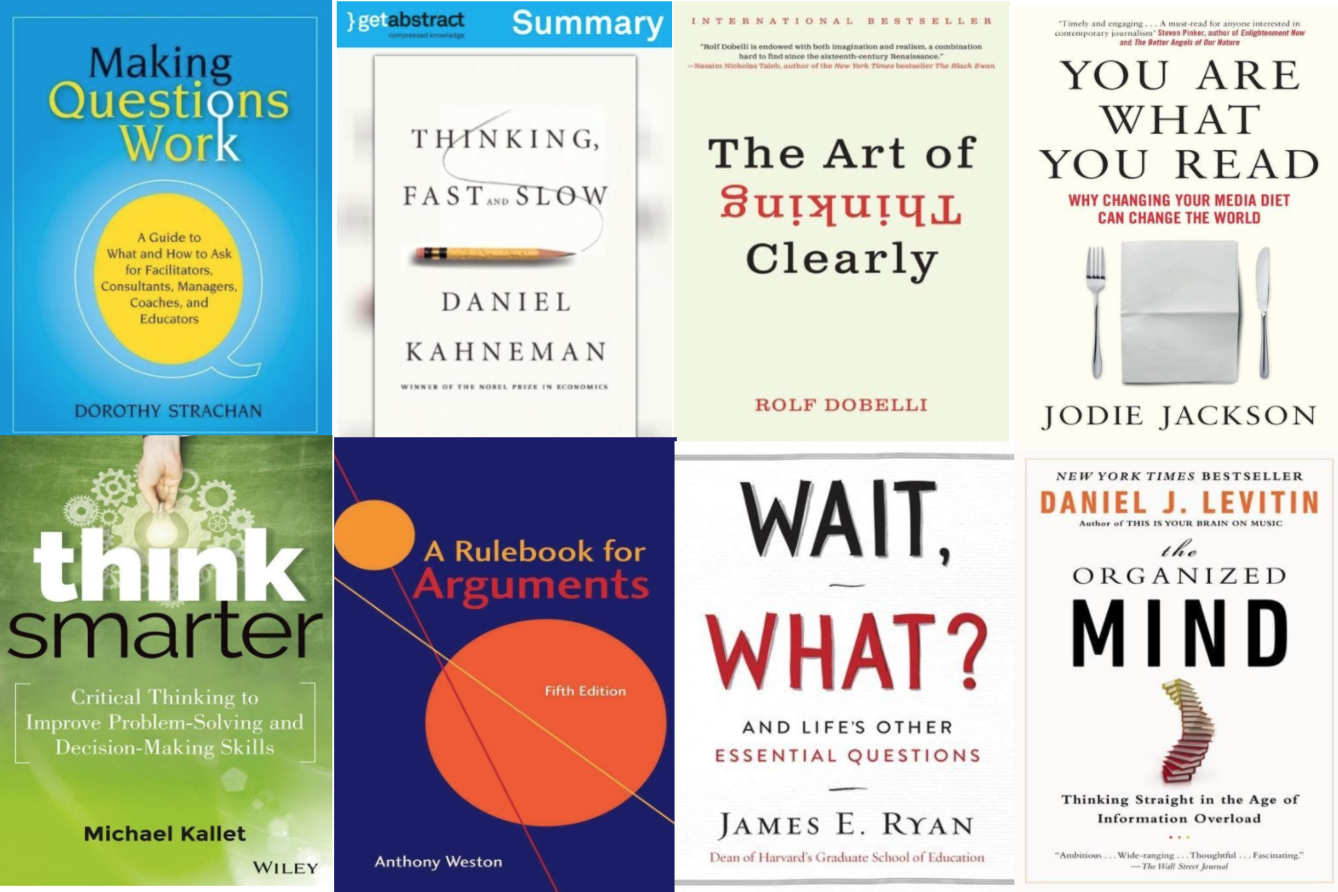Article provided by National Library Board
How can one pick up critical reading skills?
Sign up now: Get tips on how to help your child succeed

PHOTOS: NATIONAL LIBRARY BOARD
Follow topic:
Faced with a deluge of data in today's information age, digital users sieve through a flood of facts and figures online daily, and have to discern between what is true and false. By employing algorithms to filter content according to users' specific likes and dislikes, social media platforms add to the risk of skewing users' news diet and amplifying their confirmation biases.
As children are especially vulnerable, it is crucial that they master effective reading skills to make informed decisions in a world that is increasingly swamped with falsehoods.
To develop this sophisticated skill, parents should navigate digital content with their children to help them interpret information and boost their critical reading skills from a young age.
Ms Leslie Davis, a reading specialist and training consultant at the British Council, shared tips with The Straits Times' senior education correspondent, Ms Sandra Davie, on how parents can train their children to be discerning content consumers and responsible generators in the digital age.
How can parents help develop effective reading skills in children?
Ms Davis noted that students in Singapore tend to offer monosyllabic answers such as "I don't know" when asked for an opinion. By asking the right questions, parents can encourage deeper thinking and empower their children to support their views with confidence.
For a start, parents can raise conversations regarding issues that their children care about. From there, even simple questions like "Do you agree with the author? Why?" can spark off meaningful discussions. Known as inquiry-based learning, questions like these help children form their own opinions and justify their views based on facts. Ms Davis offered a helpful framework for parents when they are applying inquiry-based learning.
- When evaluating a piece of information, the first step is factual retrieval: identifying the who, what, when, why and how of the issue.
- Next, take on the role of an investigator by linking ideas together and considering the motives of the content producer.
- Thereafter, assume the role of a judge in assessing the quality of evidence.
This framework gives children the freedom to make a stand after having evaluated various sources of information.
As long as children are assured that they will not be shut down for their beliefs, guidance from their parents can empower them to become independent learners capable of making informed decisions.
Here are some books to help deepen your understanding of critical reading:
1. Making Questions Work (2011)
By Dorothy Strachan
E-book available at: https://nlb.overdrive.com/media/122837
This insightful book for both educators and learners poses almost 2,000 questions to train you to ask the right questions. This is a practical and valuable resource for anyone interested in improving their effectiveness in learning.
2. Thinking, Fast and Slow (Summary) (2017)
By Daniel Kahneman
E-book available at: https://nlb.overdrive.com/media/3187397
Nobel Prize winner and Israeli psychologist Daniel Kahneman shows you how to navigate the contradictions of the human mind. Paired with personal examples of his own, Kahneman uncovers the hidden nuances behind thinking about thinking. This revised and summarised version of the original Thinking, Fast and Slow is perfect for busy readers - get up to speed on the essence of the book within just ten minutes.
3. The Art of Thinking Clearly (2014)
By Rolf Dobelli
E-book available at: https://nlb.overdrive.com/media/1646969
What causes humans to behave irrationally? Through an extensive range of factual sources and refreshing expositions, Swiss thinker and entrepreneur Rolf Dobelli uncovers a hundred ways irrational behaviours occur, and teaches readers how to identify and avoid them.
4. You Are What You Read (2019)
By Jodie Jackson
E-book available at: https://nlb.overdrive.com/media/4506135
You Are What You Read is an insightful read that covers the psychology and sociology behind how the media operates. With a series of solutions that serves as an antidote to negativity bias in the news, this book empowers readers to improve and take control of their media diet.
5. Think Smarter (2014)
By Michael Kallet
E-book available at: https://nlb.overdrive.com/media/1675793
Think Smarter is the perfect resource if you are looking for practical ways to apply critical thinking skills. The book is easy to follow and aims to help readers enhance their decision-making skills, solution-crafting and creativity.
6. A Rulebook for Arguments (2018)
By Anthony Weston
E-book available at: https://nlb.overdrive.com/media/4675558
In a world swamped by information and views, forming solid arguments backed by facts is more important than ever before. Set yourself apart by becoming a powerful processor and reliable source of information with this comprehensive rulebook.
7. Wait, What? (2017)
By James E. Ryan
E-book available at: https://nlb.overdrive.com/media/2890419
Wait, What? challenges the notion of constantly seeking the "right" answer, and instead encourages readers to raise good questions that give meaningful responses. Providing examples from various industries, James E. Ryan, the president of the University of Virginia, illustrates how inquiries can deepen connections and help individuals focus on life's essential issues.
8. The Organized Mind (2014)
By Daniel J. Levitin
E-book available at: https://nlb.overdrive.com/media/1438761
Learn from New York Times best-selling author and neuroscientist Daniel J. Levitin as he shares valuable insights and tips to declutter the flood of information we are faced with daily so that we can better organise our lives and time.


